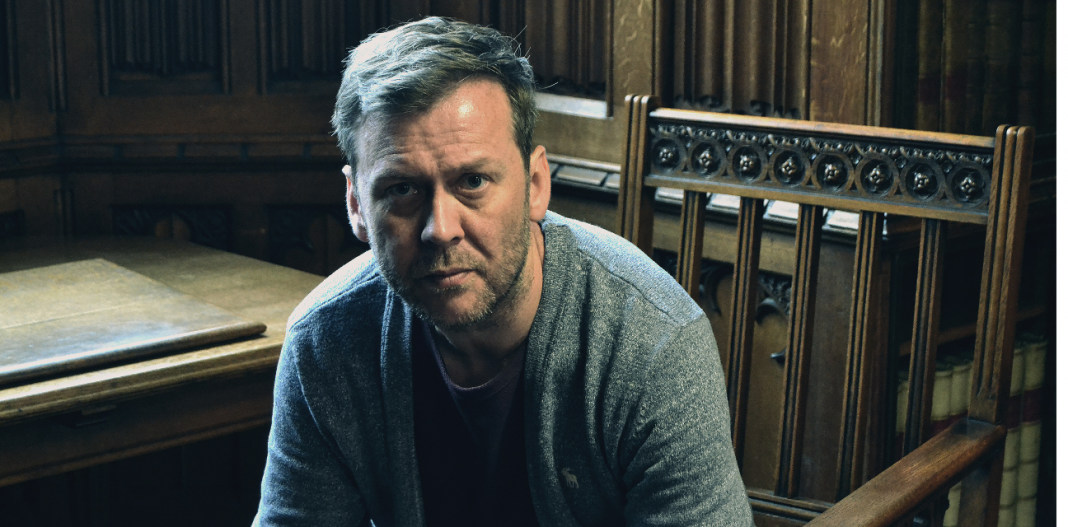Exhilarator is not only less conceptual than Reform Club, but also more heavy in terms of sounds.
I think with this album, there is more variation. The tracks have that “sum of its parts” feeling, as the elements click together as they build, some patterns or compositions might not make sense until they appear together if that makes sense? Marco Spaventi, who mastered the album, is the first person to describe this to me and it reflects how I’ve always perceived my music. He said something along the lines of: ‘Your music is made up of lots of patterns, compositions and sequences that when they come together act like an orchestra. They make something unique as a collective.’ I think sound-wise, Exhilarator is a lot rougher than Reform Club. The production is more gritty, everything’s pushed to the limits. I decided when trying to clean up some tracks that if it loses something be it dynamics or a feeling I would just leave it as is, even if its smashed, distorted or had noisy artefacts, a result of which this album gets me going in the gut a bit more than Reform Club did.
Before and during your time with Modern Love, its label owner Shlom Sviri has been important to you in terms putting the releases together. Did you finally learn to trust your own judgments more?
I’m always over judging my music, but I think the way this album was proposed and came together felt very natural, like an accumulative process that just clicked into gear in an instant. Initially in the early days with Modern Love there it felt like there was a bit more parity with ideas than in the end. I had so much music that I almost didn’t know what to do with it. So yes, I put my faith in Shlom back then as he had an ear for whittling things down, make things more succinct. He was in a unique position being not only a label boss, but with owning Boomkat he’s effectively an influencer dare I say taste-maker in the electronic music scene. He might not thank me for saying that as I think he likes to personally stay under the radar. So you’re bound to have complete trust in his ideas and opinions, which I did, and we did stuff together that I’m proud of, there’s no doubt. I think it’s a testament to Marsel’s faith in doing a release in this way, I said to him if he had any doubts whatsoever then I’m totally cool about not going ahead with it. He seemed really up for it once it was headed in this direction it pulled together in the end very quickly. Despite the geographical distance between myself and Marsel, I think we generally end up meeting at the same point whether by design or by accident, things are incredibly relaxed and in a not too dissimilar way to Shlom, he will add some suggestions here and there to help kick me over the finishing line, if I wasn’t prodded with a stick from time to time I’d probably never get anything finished.
Young producer’s sometimes say it’s their goal to produce timeless music. What’s your take on that term?
I think anyone, who describes their own music as timeless, is a bit conceited, if I have done so in the past, then I was either young, drunk, or conceited! I think it’s only the people who listen to your music can decide this, not the artist or individuals who have a bias and influence in the scene, ultimately the people decide if something is timeless. If anyone has ever described any of my music as such then that’s great, but it’s something I can’t control, so I won’t lose any sleep over it.
Stream: Claro Intelecto – Exilarator





